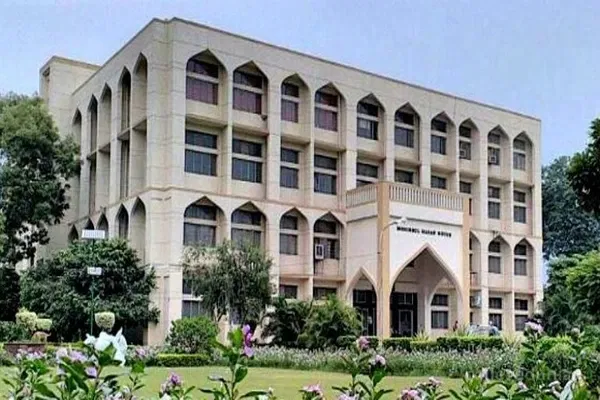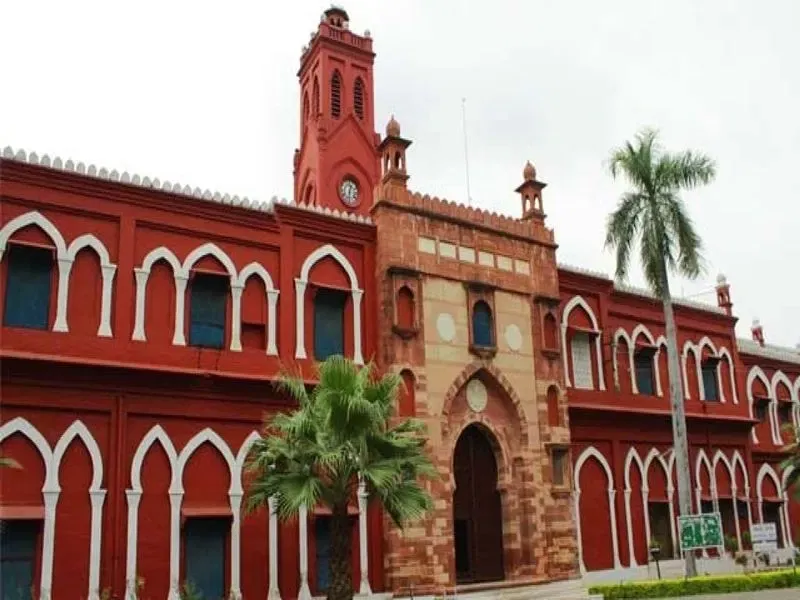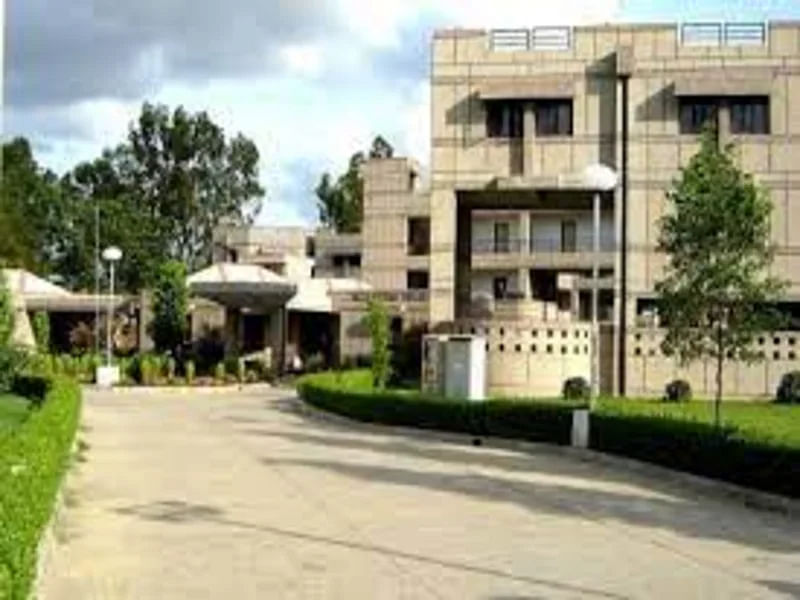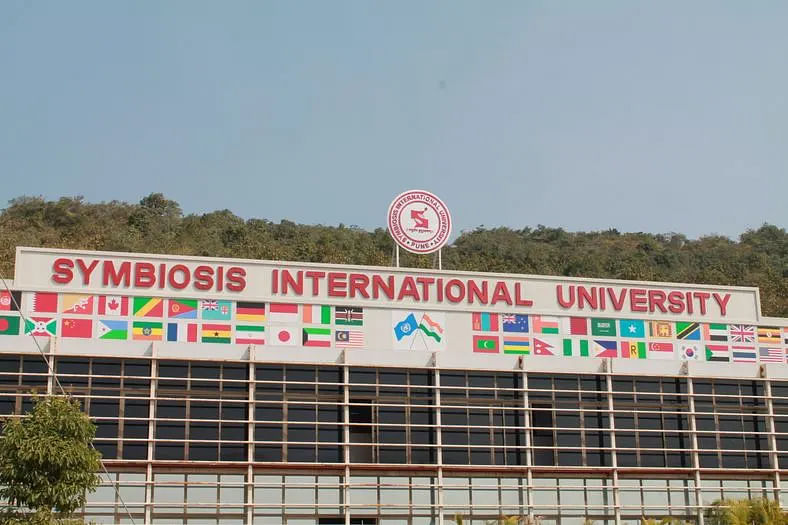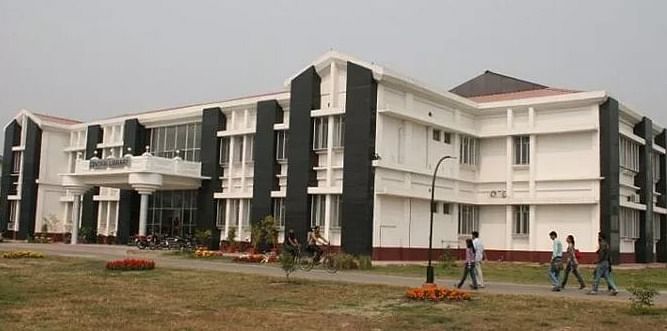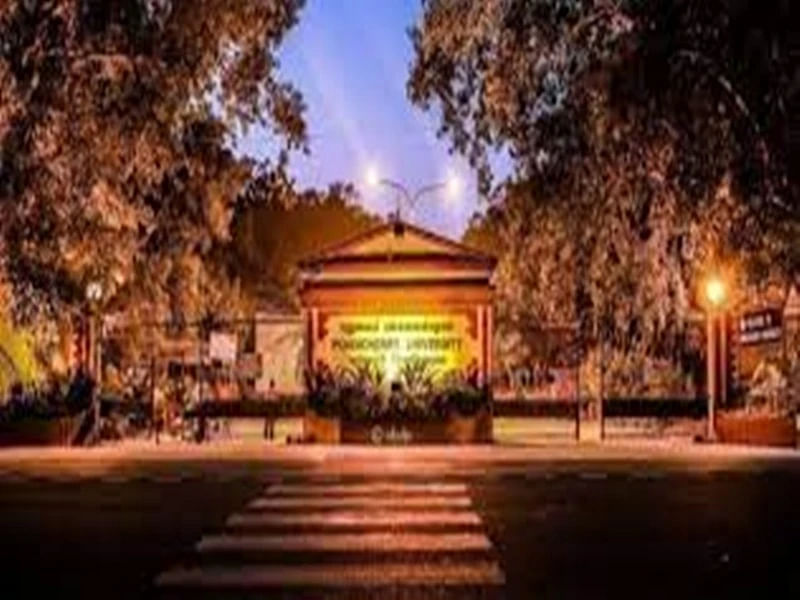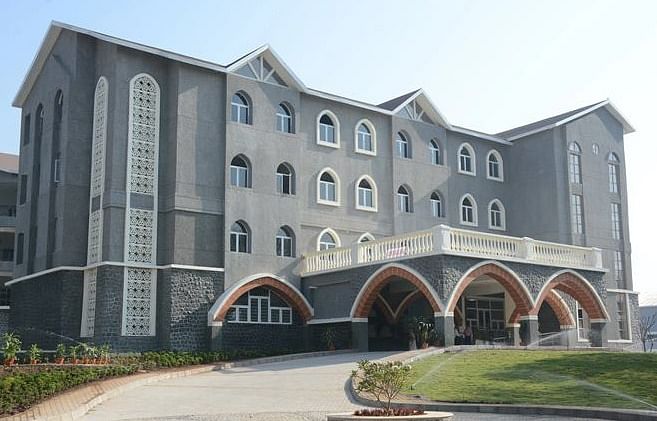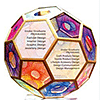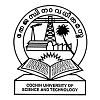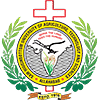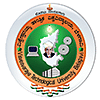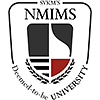MA Mass Communication Syllabus and Subjects

The MA in Mass Communication syllabus is mostly determined by the institute into which the student is accepted. Every institute has its unique course structure, which includes a variety of MA in Mass Communication subjects to enable students to obtain a comprehensive grasp of the media and communications sector.
MA in Mass Communication Semester Wise Syllabus
The MA in Mass Communication course guarantees that students are well-versed in all of the domain's major features. The syllabus of MA Mass Communication is shown below semester wise, which varies based on the institutions, although the basic course structure stays the same. The MA in Mass Communication course format allows students to go from basic to higher knowledge levels in a step-by-step manner.
MA in Mass Communication First Year Syllabus
The table below contains the list of MA Mass Communication subjects in the first year:
|
Semester I |
Semester II |
|
Principles of Mass Communication |
Development Communication |
|
Development of Media |
Communication Research |
|
Print Media - I (Reporting and Editing) |
Media Management & Media Laws |
|
Electronic Media - I (Radio & Television) |
International Communication |
|
Practical |
Practical |
MA in Mass Communication Second Year Syllabus
The table below contains the list of MA in Mass Communication subjects in the second year:
|
Semester III |
Semester IV |
|
Print Media – II (Reporting & Editing) |
New Media Applications |
|
Electronic Media – II (Radio & Television) |
Intercultural Communication |
|
Advertising or Ecology and Environment of India |
Project (Specialization Paper) |
|
Advertising or Ecology and Environment of India |
Environmental Communication |
|
Practical |
Practical |
MA in Mass Communication Subjects
MA in Mass Communication subjects is dependent on the specialization and the college that the aspirants decide to choose. MA Mass Communication syllabus is decided based on the core subjects in media as well as other important topics from a communications perspective.
Subjects in the MA in Mass Communication are separated into core and elective categories. Elective topics are optional subjects that make the course flexible and diversified, and aspirants can pick the electives that interest them.
MA in Mass Communication Core Subjects
The core MA in Mass Communication subjects list contains essential subjects that all MA in Mass Communication students study compulsorily, which are as follows:
- Advertising or Ecology and Environment of India
- Environmental Communication
- International Communication
- Print Media
- Electronic Media
- Development Communication
MA in Mass Communication Elective Subjects
The elective subjects are the medium for the students to gain deeper insights into the area of their liking which may be a great value addition along with the core courses.
- Nature and Process of Mass Communication
- Media systems and Theories
- Issues of Media Monopoly
- Ownership Patterns of Mass Media
- Commercial Broadcasting
- Film as a Mass Medium
- Interpretative Reporting
- Historical Development of Indian Films
- Political Reporting
MA in Mass Communication Course Structure
The MA in Mass Communication Course structure consists of both core and elective subjects. The course lasts two years, divided into four semesters. The course structure is:
- IV Semesters
- Core Subjects
- Elective Subjects
- Post-graduate degree course
- Research Projects
- Internship
MA in Mass Communication Teaching Methodology and Techniques
The teaching technique for the MA in Mass Communication is focused on practical experience. The course incorporates both classic and modern teaching techniques, and there are more hands-on projects and case studies for students to learn how to apply the concepts in the real world.
The teaching strategies and techniques used in this course are designed to ensure that students following this course have access to all available infrastructure and facilities. The general teaching technique and approaches are listed below.
- Lectures
- Practical Sessions
- Case Studies
- Seminars
- Group Discussions
- Film Screenings
MA in Mass Communication Course Projects
Research projects are a requirement for students pursuing an MA in Mass Communication programme. Professors grade these projects to determine the student's comprehension of the subjects.
Students can select project topics depending on their areas of interest and the field they plan to pursue after completing the course. The following are some of the most popular MA in Mass Communication projects:
- Journalism ethics: good news versus bad news.
- The impact of technology on journalism.
- Effective campaign's major features.
- Science communication & public relations.
- Advertising & its impact on consumption in the mediated marketplace.
- Cross-cultural advertising peculiarities.
- Interpersonal dialogue in mass media campaigns: role & challenges.
MA in Mass Communication Course Books
Books may be an excellent investment for students pursuing an MA in Mass Communication since they can help them learn more about their field of study in depth. Students can learn more about topics they are interested in by using books as a source of information.
Students can borrow reference books from libraries, get them from the internet, or buy them. The following are some of the most popular MA in Mass Communication books that students can purchase:
|
Name of Book |
Author |
|
Converging Media |
John V. Pavlik |
|
Mass Communication: Living in a Media World |
Ralph E. Hanson |
|
Media Essentials: A Brief Introduction |
Richard Campbell |
|
Media Literacy |
James W. Potter |
|
Mass Media in a Changing World |
George Rodman |


